And if the earth stopped turning on it even ?
Cataclysms of all kinds, deregulation of time ... Could humanity live on land at the stop?
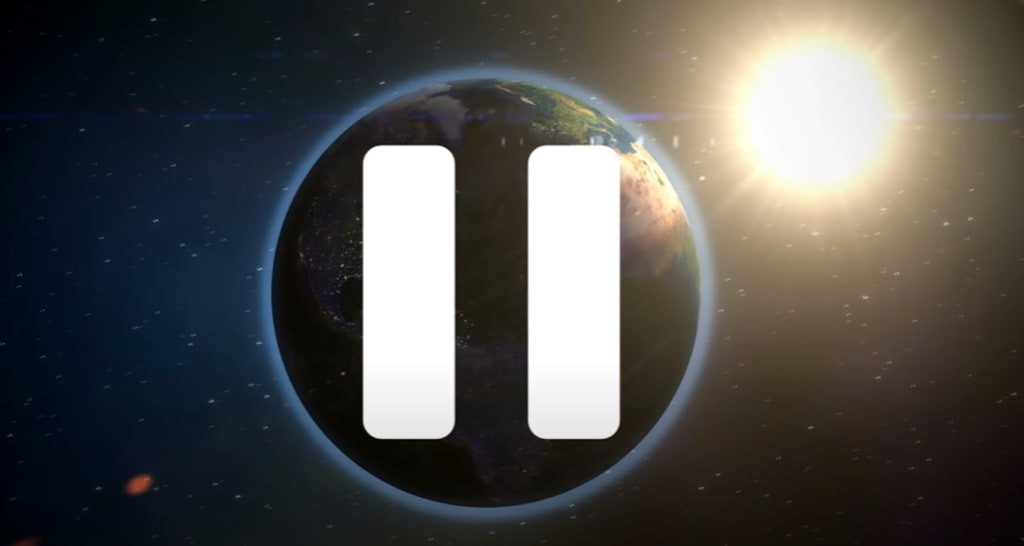
There are no planets in our solar system that do not run on themselves. The speed of rotation varies depending on each planet. Jupiter is the champion in terms of speed of rotation, taking about ten hours to take a full tour of herself. On the other hand, Venus is the slowest planet, requiring terrestrial days to accomplish a complete rotation. However, all the planets in our solar system have a period of clean rotation. It is fascinating to see how these different rotation speeds influence the characteristics and atmospheric conditions of each planet.
Did you know that the Earth did not always rotate for hours a day?

About a million years ago, a day on Earth lasted only hours. As time goes by, the Earth's rotation gradually slows down, with the lengthening of a day by one second every year. This fascinating phenomenon, known as tidal deceleration, is caused by the gravitational interactions between the Earth, the Moon, and the Sun. Although the change may seem insignificant in the short term, it has significant implications in the long run. This gradual slowing down of the Earth's rotation affects various aspects of our planet, including climate patterns, ocean tides, and even the length and timing of seasons. It's incredible to think about how our concept of time is intertwined with the dynamic nature of our planet.
Let’s imagine that it suddenly stops spinning. What Would be the impact on our planet?
Let's embark on this adventure
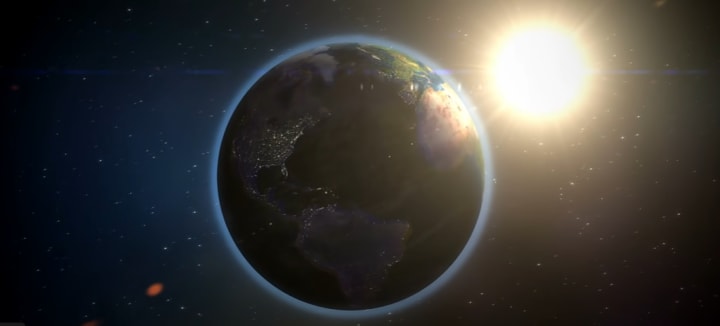
The earth has a very fast rotation speed at its equator, reaching about 1670 kilometers per hour. However, as we get closer to the poles, this speed gradually decreases. For example, in Paris, the capital of France, the speed of rotation of the earth is approximately kilometers per hour. This means that the more we move to the poles, the more our displacement on the terrestrial surface becomes slow due to the spherical shape of our planet. This difference in speed of rotation of the earth can have geographic, climatic and even cultural consequences, because it affects the duration of days and nights in different regions of the world. The earth, by its moving rotation, creates a rhythm that influences a multitude of aspects of our daily life.
* Suppose it stops abruptly.
For those who are at the equator of the earth, you will be projected at a maximum speed of 1670 km/h times the speed of an AK47 ball.
So there is a lot of luck that the vast majority of humanity perits a bit like flirted flies on a broken bar.

*Suppose it slows down very slowly
-First the world card would be redrawn at a crazy speed.
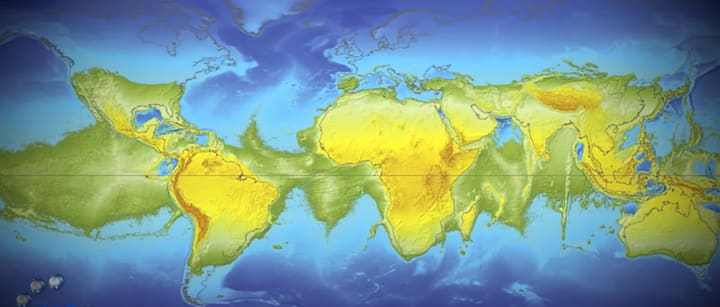
Also the planet produces a centrifugal effect, so it will leave the seas and the oceans all over the globe. Thus, the more the planet slows down, the more the centrifugal effect will decrease. All waters towards the poles or the terrestrial attraction is the strongest. And many countries find themselves overwhelmed.
For example, in Europe, a few Greek islands will remain, the north of the United States and Russia will be engulfed and disappeared because by going up towards the poles, it leaves the poles emerging.

-We know that the earth is made up of several layers. Since the speed of the earth on the surface is constantly decreasing, it will take much more time to stop at the nucleus. So it would be like putting a cabochon in one of the moving water
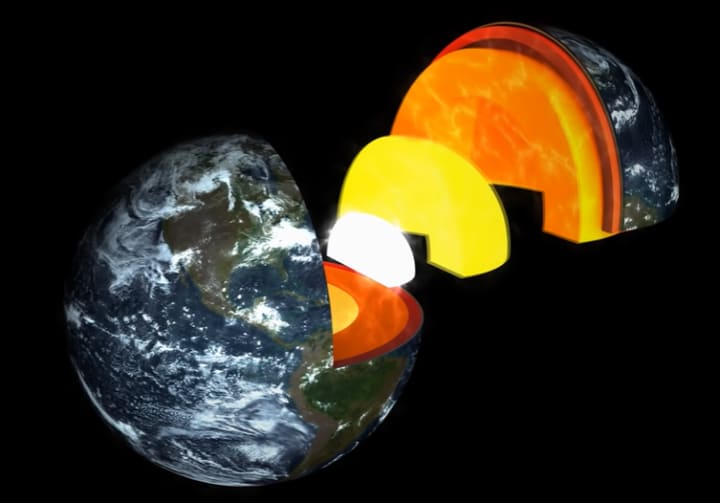
This will give birth to earthquakes, earthquakes, important communication problems, tsunami and scrambled electrical networks
-The days that lie down or thus, a terrestrial day will last a year. Or 6 months during the day and 06 months in the evening. Hence in addition, living conditions are more and more difficult, and it is impossible for certain animals.
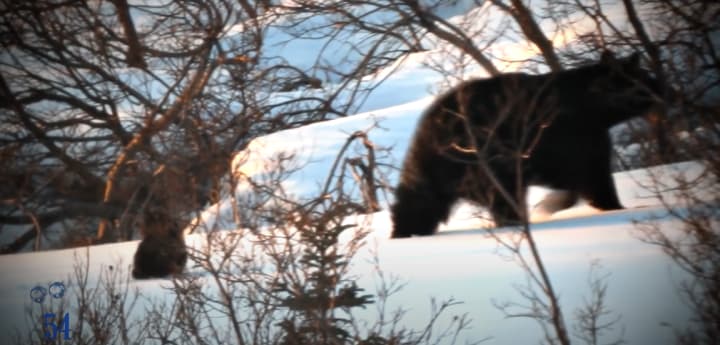
We will be presented with a planet where the temperature will be 50 C at the equator and -50 C on the other side.
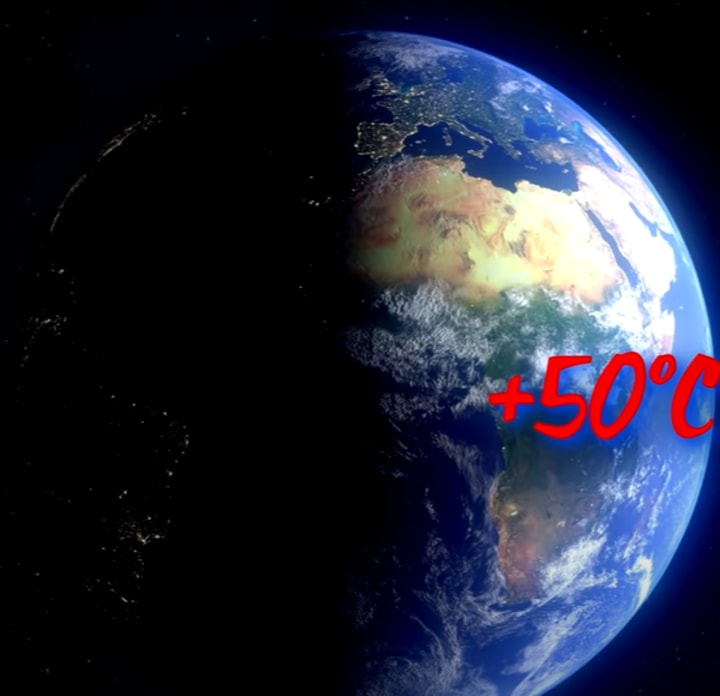
In summary, our chances of survival will be practically impossible.
About the Creator
ECO-EXPLORERS
Studying in India opened the doors to a multitude of opportunities for me to deepen my knowledge in this exciting field. With each new discovery, I feel inspired and motivated to contribute to this vision.
Enjoyed the story? Support the Creator.
Subscribe for free to receive all their stories in your feed. You could also pledge your support or give them a one-off tip, letting them know you appreciate their work.




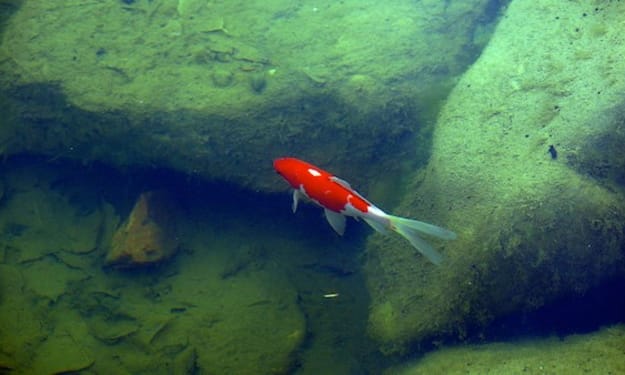

Comments
There are no comments for this story
Be the first to respond and start the conversation.